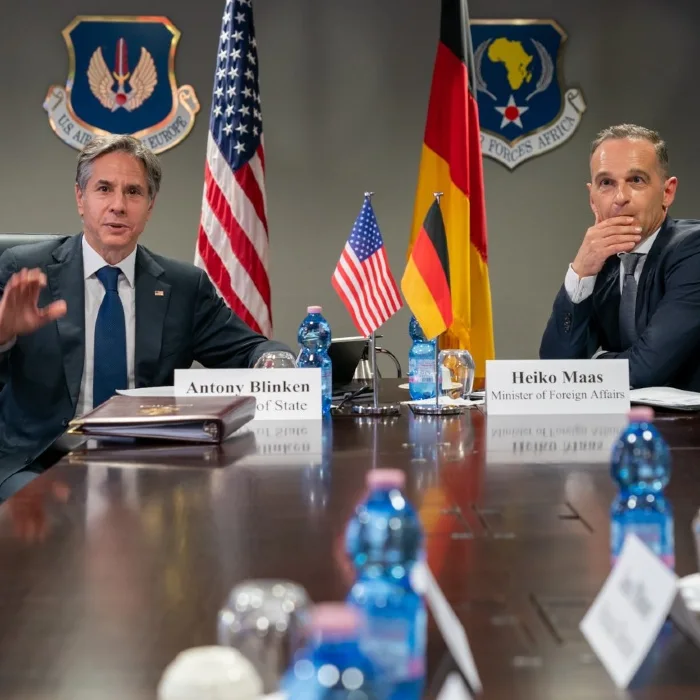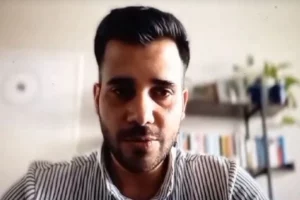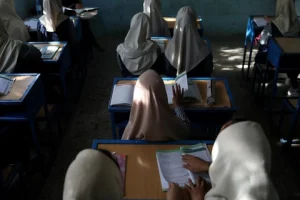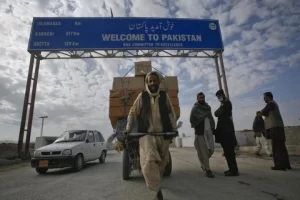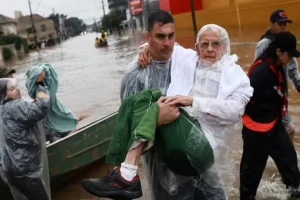The United States has not ruled out militant Islamist organisation Al-Qaeda restrengthening its grip on Afghanistan after the return of Taliban rule in the country. A little more than a week after its troops exited Kabul to end America's longest war, the Pentagon said today that Al-Qaeda may make attempts to remerge in the region.
"The whole community is kind of watching to see what happens and whether or not Al-Qaeda has the ability to regenerate in Afghanistan," US Defence Secretary Lloyd Austin was quoted as saying by news agency Associated Press in Kuwait City on Thursday.
"The nature of Al-Qaeda and [ISIS] is they will always attempt to find space to grow and regenerate, whether it's there, whether it's in Somalia, or whether it's in any other ungoverned space. I think that's the nature of the organization," added Austin.
Even though Washington has said that it will hold the Taliban accountable for its commitment not to allow any terrorists to threaten the US or its allies from Afghan soil, Austin's comments prove that there is a growing fear of old ghosts returning to haunt any time.
Having gone to Afghanistan in 2001 to root out Al-Qaeda and prevent future terrorist attacks, the US has not been able to break its bond with the Taliban fighters. This despite the Doha agreement setting "some expectations" for a break in the longstanding relationship" between the two.
In fact, analysts believe that the relationship between the Taliban and Al-Qaida has grown deeper as a consequence of personal bonds of marriage and shared partnership in struggle, now cemented through second generational ties.

US Secretary of Defence Lloyd Austin and Secretary of State Antony Blinken hold a press conference with Qatar Deputy Prime Minister and Minister of State for Defence Affairs Khalid bin Mohammed Al Attiyah and Deputy Prime Minister and Minister of Foreign Affairs Mohammed bin Abdulrahman Al Thani on Tuesday (Image courtesy: Twitter/@SecDef)
The 12th report of the Analytical Support and Sanctions Monitoring Team on key developments in Afghanistan between May 2020 and April 2021, submitted to the UN Security Council a few months ago had reaffirmed that the Taliban and Al-Qaeda remain closely aligned and show no indication of breaking ties.
"According to Member State information, Al-Qaeda is resident in at least 15 Afghan provinces, primarily in the east, southern and south-eastern regions… Members of the group have been relocated to more remote areas by the Taliban to avoid potential exposure and targeting," the report stated.
The Monitoring Team said that Al-Qaeda maintains contact with the Taliban but has minimized overt communications with Taliban leadership in an effort to "lay low" and not jeopardize the Taliban's diplomatic position vis-a-vis the Doha agreement.
The Member States reported that a significant part of Al-Qaeda leadership remains based in the border region of Afghanistan and Pakistan, where the core is joined by and works closely with Al-Qaeda in the Indian sub-continent.
"Al-Qaeda's own strategy in the near term is assessed as maintaining its traditional safe haven in Afghanistan for the Al-Qaeda core leadership.The Monitoring Team takes note of assessments that have suggested a longer-term Al-Qaeda core strategy of strategic patience for a period of time before it would seek to plan attacks against international targets again," the report had added.
While it has acknowledged that it will be "more difficult to identify and engage threats that emanate from the region" after having no physical presence in Afghanistan, the US continues to emphasise that it has "robust capabilities" to counter them now.
"We've come a long way in the last 20 years in terms of the development of our capabilities. And I would further say that there isn't a scrap of earth that we can't reach out and touch when we need to," Austin said in Qatar on Tuesday.
Also Read: Pak ISI mocks at UN — installs Haqqani network terrorists in key positions in Afghanistan






